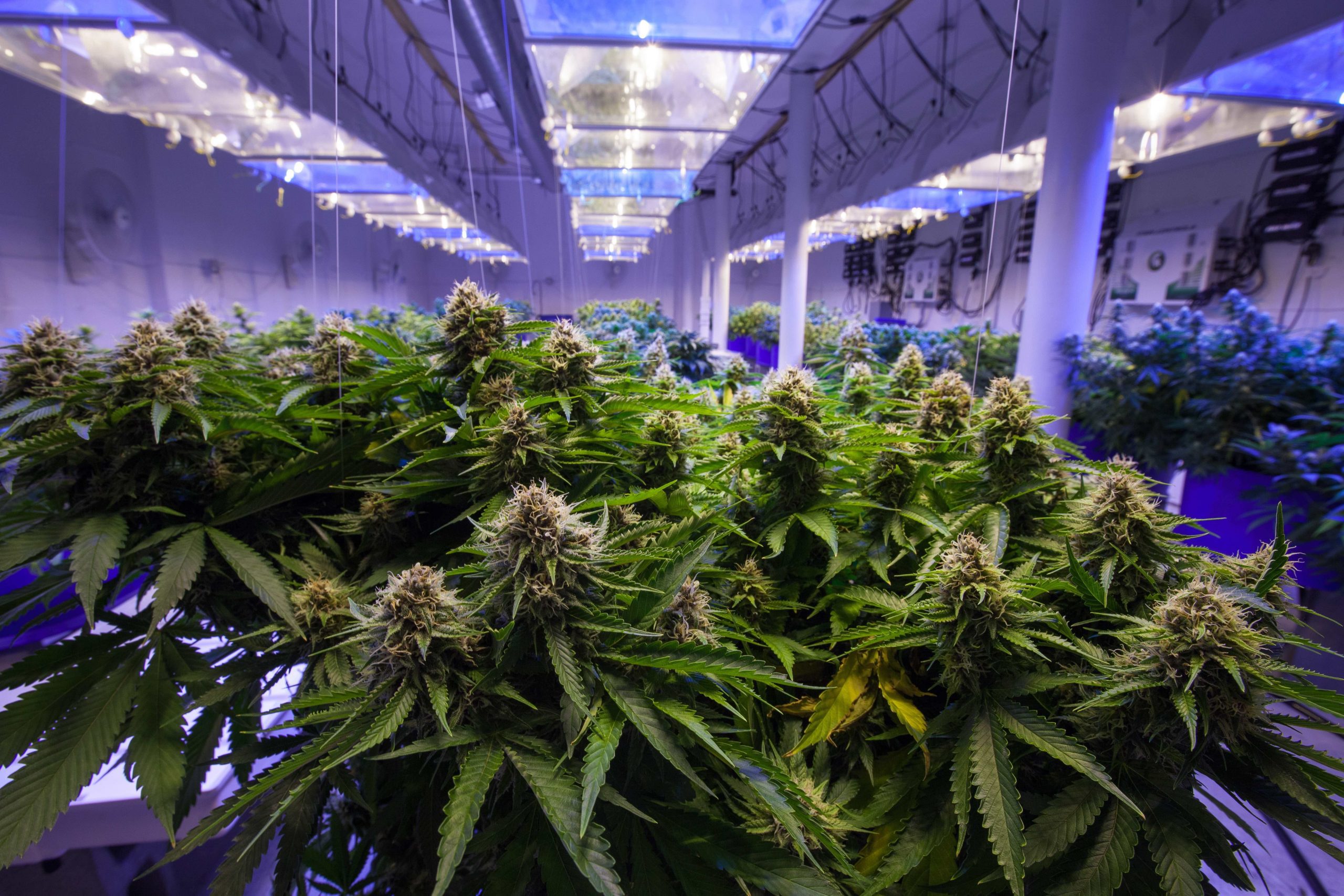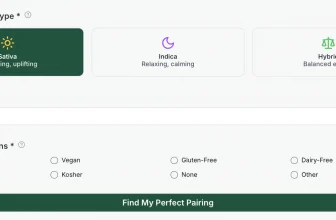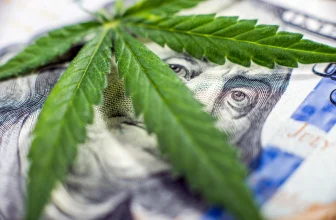
Delta 8 is every where. However, if you are not paying attention to the growing cannabis market, the name “delta-8 tetrahydrocannabinol” may not be unfamiliar to you.
Delta-8 THC has existed for as long as cannabis has graced the face of the earth. But it’s got a bit of a…reputation, shall we say. As we shall see, this reputation comes largely from the question of whether it is actually legal. According to some, a federal loophole may make delta-8 THC legal.
Below, we’ll look at some important questions:
- What is delta-8 THC?
- What are its potential benefits and risks?
- Does delta-8 get you high?
- Is it actually legal?
- How is delta-8 made?
What Is Delta-8 THC?
If you’re looking for something to compare delta-8 to, you could do a lot worse than its better-known cousin, delta-9 THC. The two are remarkably similar: they’re both psychoactive, both get you high, and both have similar side effects.
When people say “THC,” they generally refer to Delta-9 THC. Delta-8 has a slightly different chemical structure, and one of the effects of this is that it’s less potent than delta-9.
What are its potential benefits and risks?
Like all things, delta-8 comes with its own package of benefits and risks.
Let’s start with the good stuff:
Benefits of Delta-8 THC:
Delta-8 THC can produce many of the same pleasant sensations as delta-9, including relaxation, euphoria, and even pain relief. However, these effects tend to be milder since delta-8 is less potent.
In fact, that lower potency could be viewed as a benefit of its own. Many people don’t want to go into orbit when they use marijuana, so a less pronounced high could be a significant selling point.
Risks of Delta-8 THC:
The main risk at this point is researchers have spent an awful lot of time studying delta-9 and not much at all on delta-8. As a result, we don’t know how the benefits of delta-8 stack up against its risks.
Delta-8 is similar to delta-9 in terms of the side effects it can produce: things like dry mouth, red eyes, impaired coordination, anxiety, paranoia, memory loss, delayed reaction times, and quickened heart rate.
However, the main risk you should be aware of comes from the fact that delta-8 THC is synthetically produced. That runs the risk of it containing some impurities you never asked for in the product you bought. Because it isn’t well regulated, it could contain dangerous impurities — both the FDA and the CDC have reported increased calls to poison control centers due to delta-8. The skinny of it is regular weed can’t really kill you. Delta 8 can if you get poisoned by it. Be careful!
Does Delta-8 get you high?
Yes, definitely. Though because it has a slightly different chemical makeup from delta-9 THC, the high may feel slightly different and is likely to be less pronounced.
Is Delta 8 actually Legal?
Ha. What a question. Where to begin? This is where things get controversial.
Let’s start with the 2018 Farm Bill, which legalized hemp after nearly a century of being inexplicably banned. Under the Farm Bill, hemp could contain no more than 0.3% delta-9 THC.
What’s that smell? Sure smells like a loophole.
If delta-9 THC is federally controlled, what about delta-8? Yes, folks, there you have it. Technically, some argue that hemp containing beaucoups of delta-8 THC is not federally illegal, so long as it doesn’t contain more than 0.3% delta-9 by dry weight.
The plot thickens; there’s actually not that much delta-8 THC that naturally occurs in hemp plants. In fact, the main way of creating it is not through extraction at all but by chemically altering the structure of cannabidiol (CBD) to form delta-8 THC. Technically, this could be illegal.
How is Delta-8 made?
The actual process of creating delta-8 from CBD involves placing CBD in an organic solvent like heptane or toluene, then adding p-toluenesulfonic acid or some other type of acid as a catalyst. This “closes the ring” on the CBD molecule.
The problem is that strong acids and metals could remain as byproducts in the final product, according to Chemical & Engineering News.
Summary
If you’re looking to experiment with new cannabinoids, delta-8 is an interesting one. However, it’s hard to give it a thorough recommendation because it’s not only new but it’s made using some pretty harsh chemicals that could remain as byproducts.
If you do want to try delta-8, proceed with caution and buy from trusted sources. We would not recommend it.






